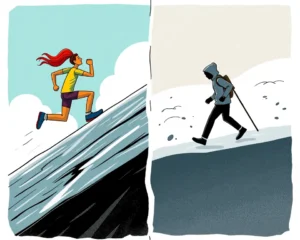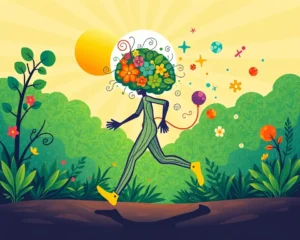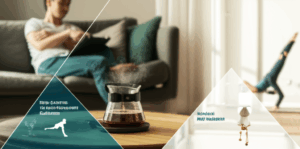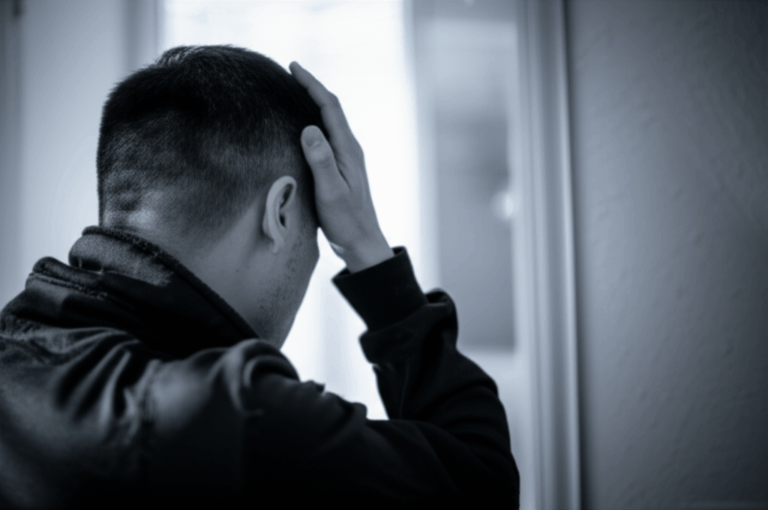Hair loss, a condition often seen as solely physical, profoundly impacts an individual’s psychological well-being, leading to a silent struggle that affects self-esteem, body image, and overall mental health. This pervasive issue can trigger a range of emotional responses, from self-consciousness and embarrassment to severe anxiety and depression.
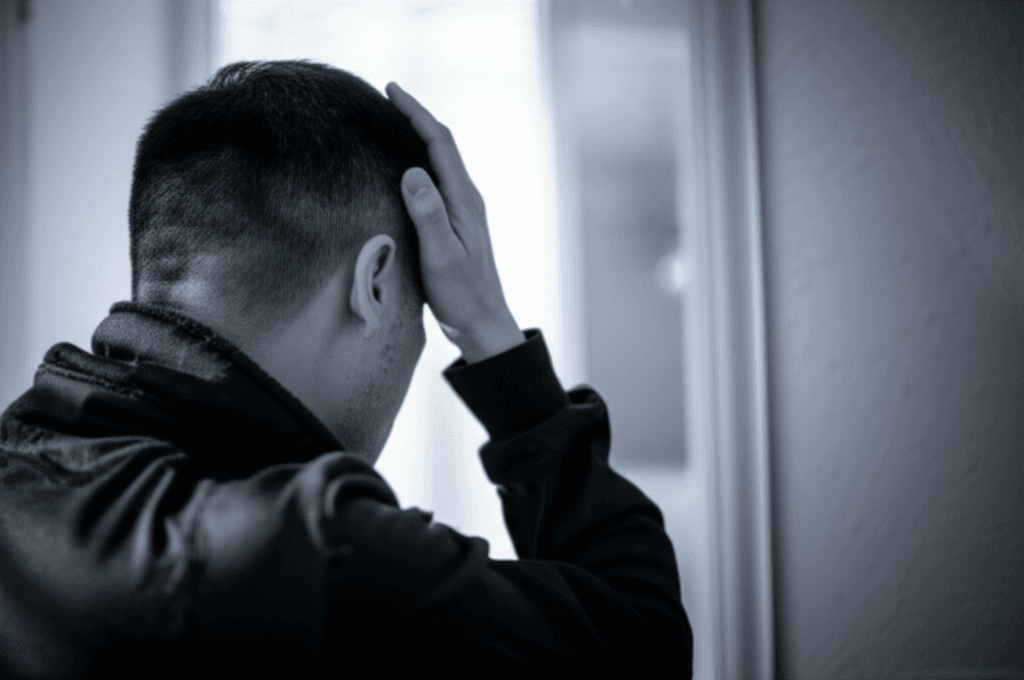
The Deep Connection Between Hair and Identity
Hair is more than just a cosmetic feature; it’s intricately linked to a person’s identity, perceived attractiveness, and self-expression. A full head of hair is often associated with youthfulness, vigor, and societal standards of beauty. When hair loss occurs, it can feel like losing a part of oneself, leading to a diminished sense of identity and self-worth.
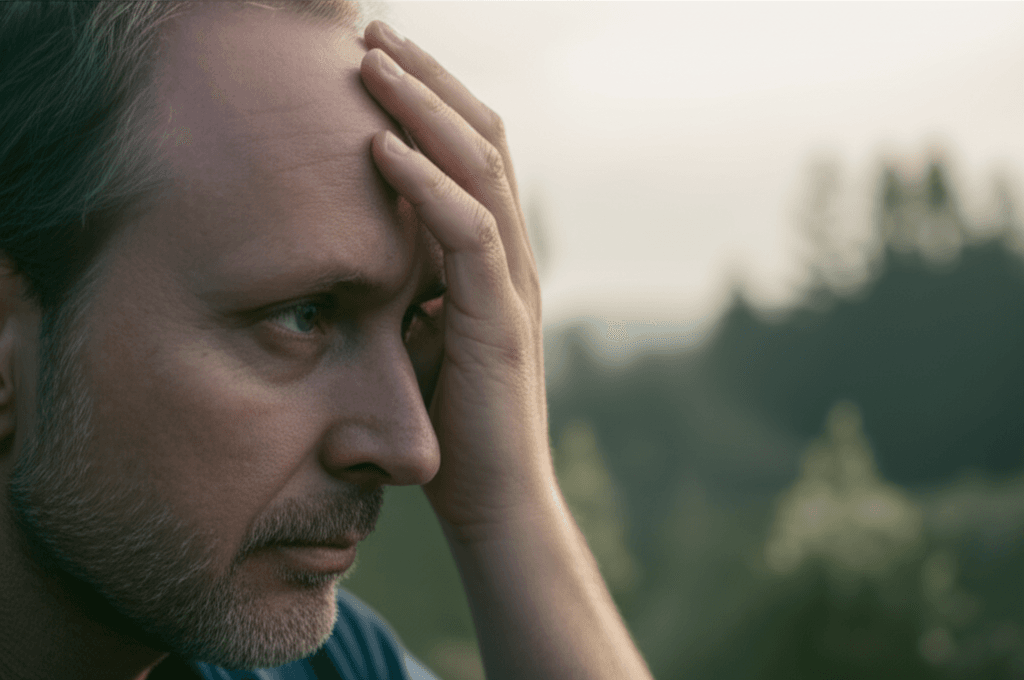
Psychological Ramifications of Hair Loss
The emotional toll of hair loss can be substantial and varied, impacting both men and women, though women often report more intense psychological distress.
Decreased Self-Confidence and Self-Esteem
One of the most immediate and common psychological effects of hair loss is a significant drop in self-confidence and self-esteem. Individuals may feel physically and socially less attractive, leading to feelings of insecurity and a perception of looking older than they are. This can be particularly challenging when hair loss begins at an early age.
Increased Risk of Depression and Anxiety
There is a bidirectional link between hair loss and mental health conditions like depression and anxiety. While hair loss can contribute to the onset or worsening of depression and anxiety, high stress levels and certain psychiatric disturbances can also lead to hair loss. Studies have shown that individuals with hair loss have an increased prevalence of psychiatric disorders, and those with major depressive disorder have a higher risk of developing hair loss. Symptoms can include persistent low mood, lack of interest, excessive worrying, and heightened tension. The severity of these symptoms often correlates with the severity of hair loss.
Negative Body Image and Social Withdrawal
Hair loss can lead to a negative body image, causing individuals to become fixated on their perceived flaws and constantly compare themselves to others. This dissatisfaction with physical appearance can result in social withdrawal and avoidance behaviors. Individuals may shy away from social gatherings, fearing judgment or unwanted attention, leading to isolation and further impacting their mental health.
Impact on Professional and Personal Life
The loss of confidence due to hair loss can extend beyond personal feelings, affecting professional and interpersonal relationships. Societal value placed on physical appearance can even lead to workplace discrimination or relationship issues.
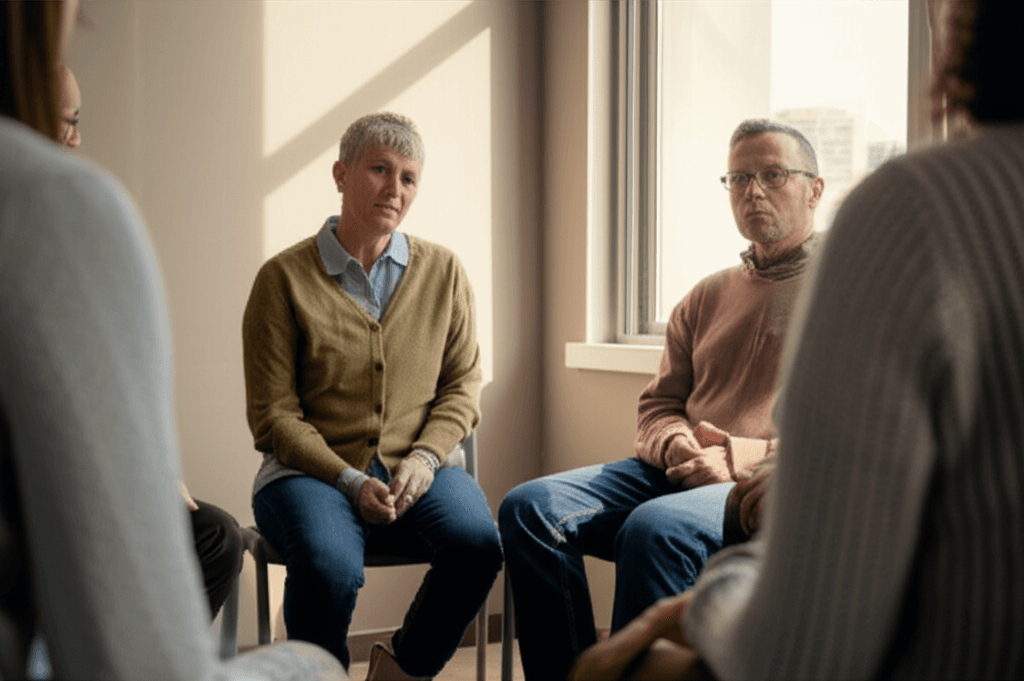
Coping Strategies and Seeking Support
Navigating the emotional challenges of hair loss requires effective coping strategies and a robust support system.
Acceptance and Self-Love
Accepting hair loss as a natural part of life and fostering self-love despite physical changes are crucial for coping with negative emotions. Practicing self-care activities like meditation, exercise, and hobbies can boost self-esteem and overall well-being. Cultivating positive self-talk and self-compassion can also be beneficial.
Hair Styling, Accessories, and Replacement Options
For those who wish to conceal their hair loss, various styling options and accessories can help. Wigs, hairpieces, hats, scarves, and camouflage powders can boost self-confidence and provide a fashionable way to cover thinning areas. Hair replacement options, such as hair transplants or scalp micropigmentation, can also be effective solutions for restoring hair and confidence.
Professional Help and Support Groups
Seeking support from mental health professionals, such as therapists or counselors, can be immensely helpful in addressing underlying emotional issues related to hair loss, including anxiety and depression. Cognitive Behavioral Therapy (CBT) and other talking therapies can provide strategies for managing negative feelings and enhancing self-esteem.
Joining support groups, both in-person and online, offers a safe space for individuals to share their experiences and connect with others facing similar challenges. These groups can reduce feelings of isolation, provide a sense of community, and offer valuable coping tools and peer advice. Organizations like the American Hair Loss Association and the National Alopecia Areata Foundation provide forums and resources for support.
Lifestyle Adjustments and Stress Management
Maintaining a healthy lifestyle, including a balanced diet, adequate sleep, and regular physical activity, can significantly impact mood and overall well-being. Given the bidirectional link between stress and hair loss, stress management techniques like mindfulness, deep breathing exercises, and yoga can be particularly beneficial.
The psychological impact of hair loss is a valid and significant concern. While the physical changes are evident, the silent struggle with mental health can be equally, if not more, challenging. By acknowledging these impacts and actively seeking appropriate coping strategies and support, individuals can navigate their hair loss journey with greater confidence and resilience.

